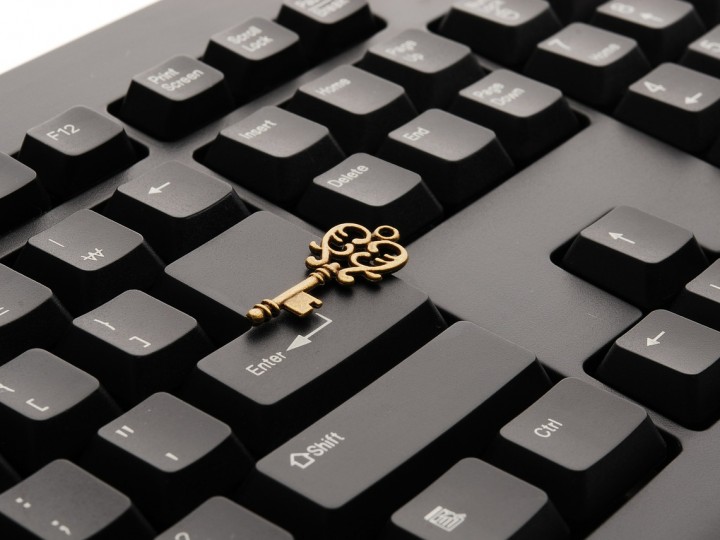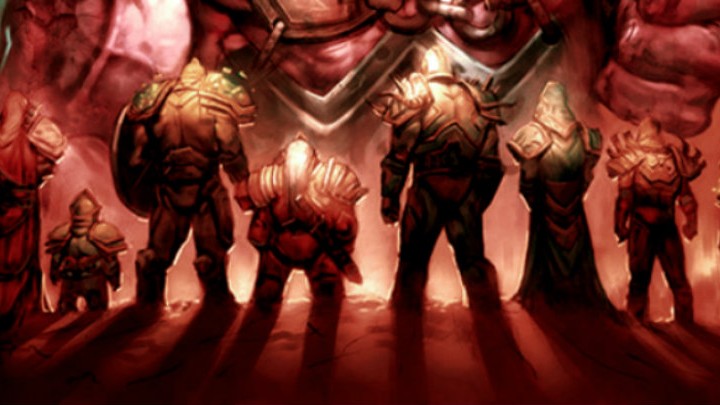Back in June I did a guest post on Ravalation‘s blog discussing why we troll which I explained by reciting the result of the research done on “The Online Disinhibition Effect”. Later on I wrote an article based on the same research discussing “Why we develop feelings for people we meet in games“. To really understand why we behave the way we do in online environments I believe the disinhibition we experience to be key. Therefore I’ve decided to re-post “Why do we troll” on my own blog to give a fuller picture of what this online disinhibition is and how it works. Enjoy!
Having always taken a great interest in human behaviour and interaction I was intrigued by the world of gaming since I first came in contact with it. My fascination with online gaming and the communities that dwell there was striking from the start and it’s what I tend to write about. My thoughts tonight are revolving around a story a in game acquaintance of mine from SWTOR, let’s call him “Tristin”, told me recently. Long story short Tristin thought he had made a new friendship in game. He seemed very happy about this new friendship. Soon enough some very personal information Tristin had told this other player in confidence ended up in a forum somewhere for all the world to read. The person he had befriended wasn’t the person he had thought at all, it was someone having created a fake in game account for the sole purpose of trolling Tristin.
This made me think about the notion trolling. What is trolling? Why do we do it?
In urban dictionary its described as “the art of being a prick on the internet”. The idea is to convince your credulous victim that you truly believe in what you are saying (no matter how outrageous). Trolling can be a relatively innocent thing depending on how and to what degree it is being used. It’s the knack of deliberately and secretly pissing people off with the intent to provoke an emotional knee jerk reaction from unsuspecting bystanders. Because hey, it’s the internet. Why not? Make sure to use your sarcasm. A sign that your trolling is successful is your victim screaming in all-caps at you.
“Internet ‘trolling’ is the anti-social act of causing interpersonal conflict and shock-value controversy online. Named for the wicked troll creatures of children’s tales, trolling is purposely sowing hatred, bigotry, racism, misogyny, or just simple bickering.” -AboutTech, Netiquette
In online gaming trolling is something one has to get used to. Sooner or later you will be exposed to it. Some of it is quite innocent and harmless, but not all. The line where trolling becomes a means of tormenting others in a damaging way is very thin.
So why do we ‘troll’?
I think to answer this it might help to have a look at “The Online Disinhibition Effect”. This is a paper written by John Suler where he discusses six features of online society which can elicit us to act differently than in the real world.
“Everyday users on the Internet—as well as clinicians and researchers1–7—have noted how people say and do things in cyberspace that they wouldn’t ordinarily say and do in the face-to-face world. They loosen up, feel less restrained, and express themselves more openly. So pervasive is the phenomenon that a term has surfaced for it: the online disinhibition effect.” -The Online Disinhibition Effect, John Suler 2004
Four out of the six features presented in this paper we can use to better understand why people ‘troll’ online communities:
DISSOCIATIVE ANONYMITY – The feeling that my actions online are not mine at all but that of my online persona. This gives us a sense of distance from our own actions as we feel that they are not truly ours to begin with.
INVISIBILITY – Different from anonymity, ‘invisibility’ refers to the fact that our physical self is not observed by anyone. What we look like or if we show emotion on our face will not be seen. This gives us the confidence to do and say things we normally would not.
DISSOCIATIVE IMAGINATION – The conscious or unconscious feeling that the imaginary characters we create exist in a different space, a make-believe dimension, which is separated from the demands and responsibilities of the real world. This “fake” world doesn’t really exist and therefore our actions in it doesn’t matter as much.
MINIMIZATION OF STATUS AND AUTHORITY – In online gaming, especially console gaming, this feature can be emphasised. We can choose to verbally abuse someone without much fear of consequences because of the lack or limitations of any authority.
These factors combine to create a ‘disinhibited’ behaviour when we interact with others online. For this reason we witness rude language, harsh criticisms, anger, hatred, even threats and other behaviour which we wouldn’t exhibit in the real world. Interestingly enough the paper by John Suler goes on to explain that this disinhibition works in two seemingly opposing directions. It does not only encourage us to act in a toxic, anti-social manner.
“Sometimes it prompts people to share very personal things about themselves. They reveal secret emotions, fears and wishes. They show unusual acts of kindness and generosity, sometimes going out of their way to help others.” -The Online Disinhibition Effect, John Suler 2004
This is a notion I have discussed previously in my blog post “Hiding behind a virtual mask”. The idea is that the anonymity and dis inhibition we experience online can trigger us to become more honest with one an other. This is presumably what Tristin experienced when he shared personal information with the person he met in game. He thought this person was doing the same but unfortunately for Tristin in this case he was simply being ‘trolled’.
One could see both of these seemingly opposing types of behaviours as a way for us to explore our own personality in a safe environment where consequences for our actions are minimal. Through acting out on the ‘disinhibation’ we experience we attempt to better understand and develop ourselves. This in order to resolve interpersonal problems or survey new emotional and experiential dimensions to our own identities.
In this light one could see how a person with less developed emotional maturity and personal insight might be prone to so called ‘trolling’ of the kind that can be destructive to others.
What experiences of trolling have you had? Where does the line between innocent and harmful trolling go? Let me know what you think in the comments below!






